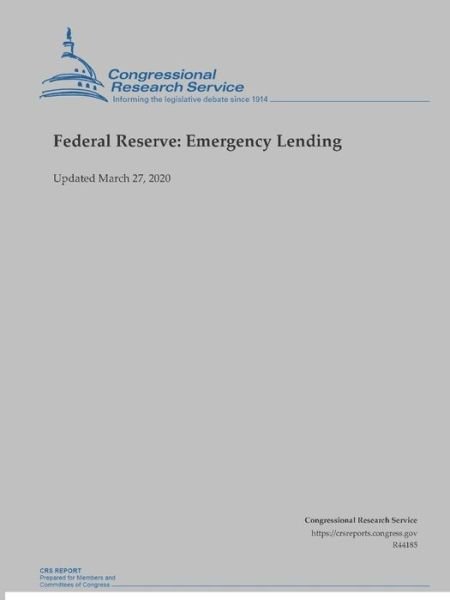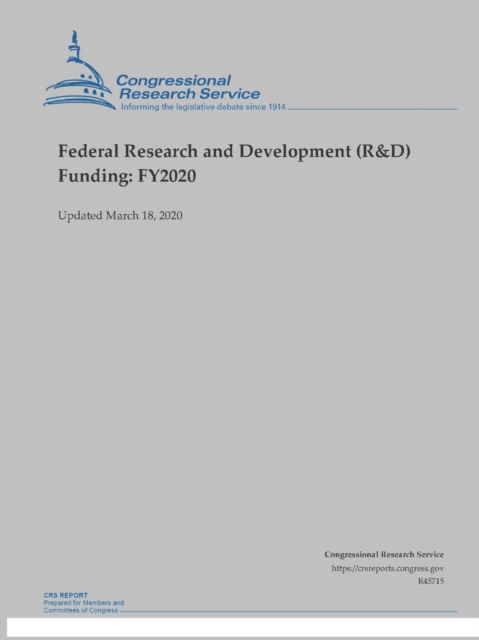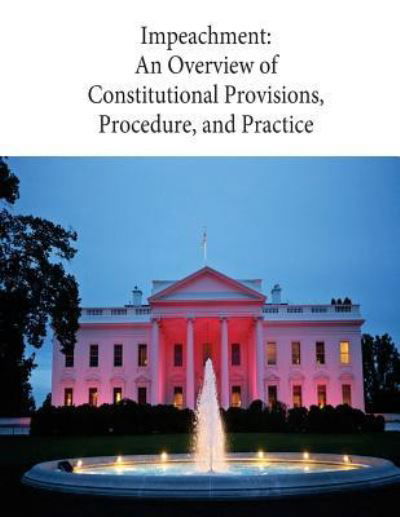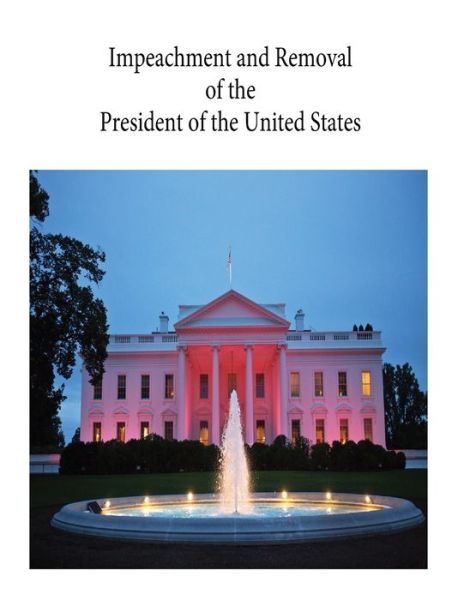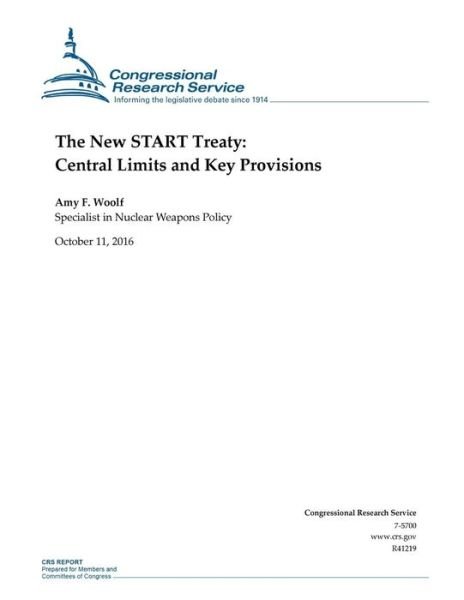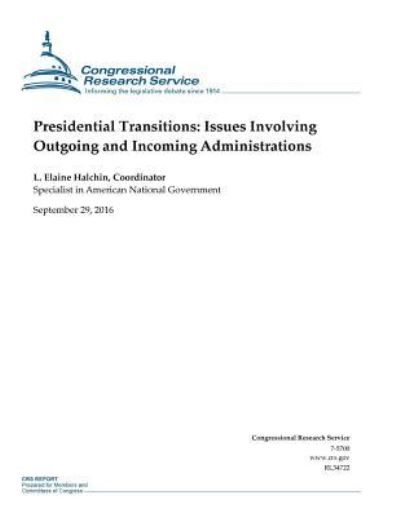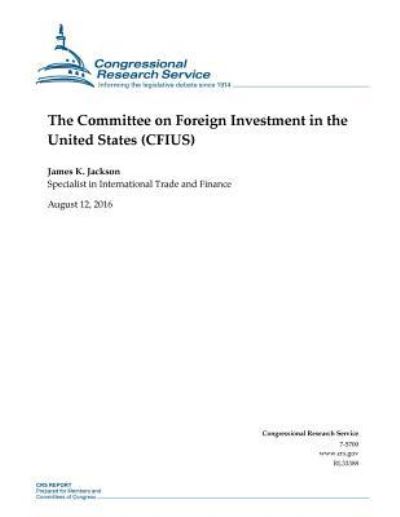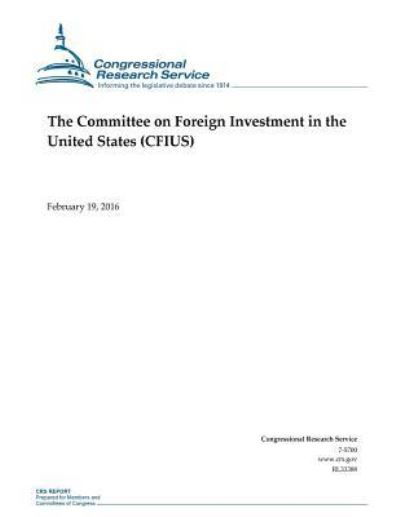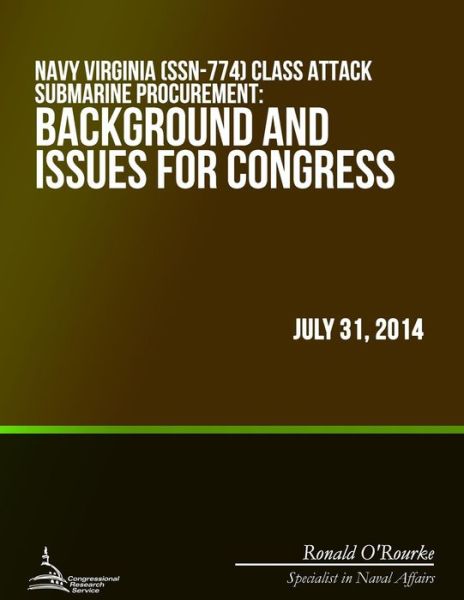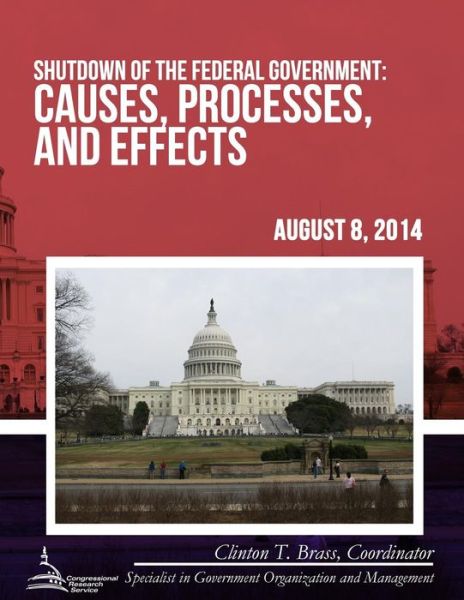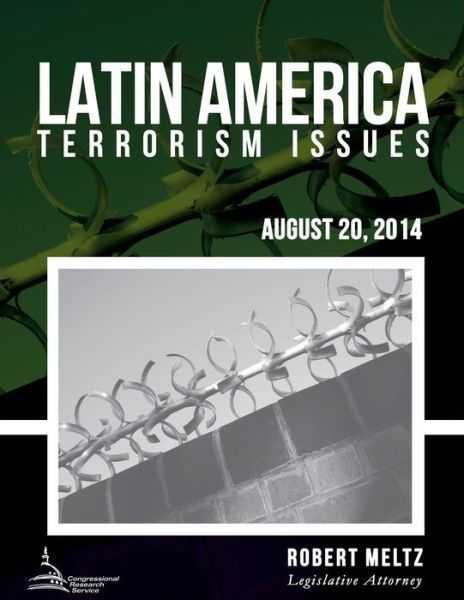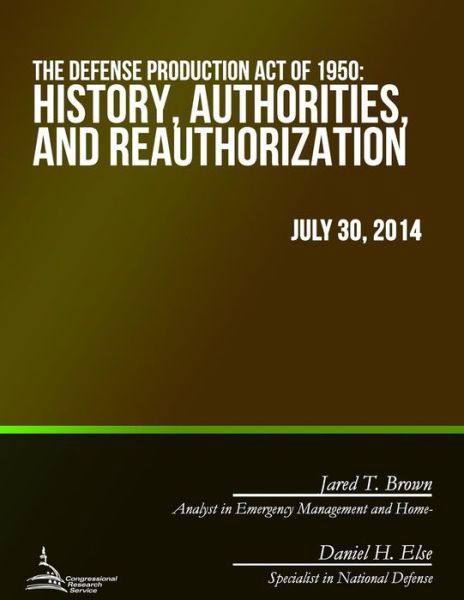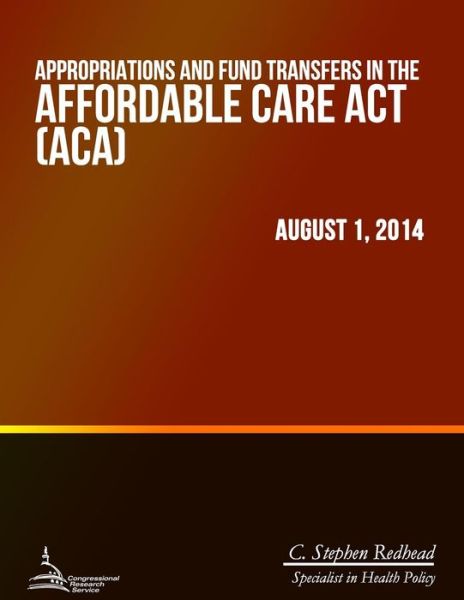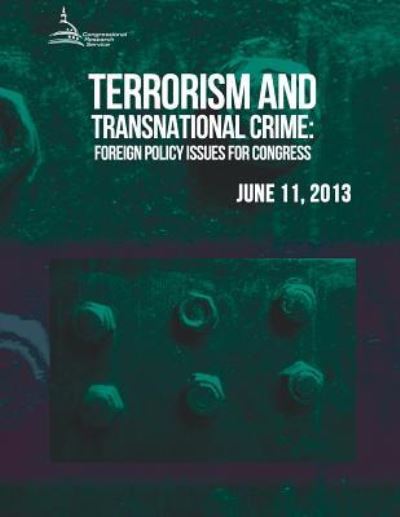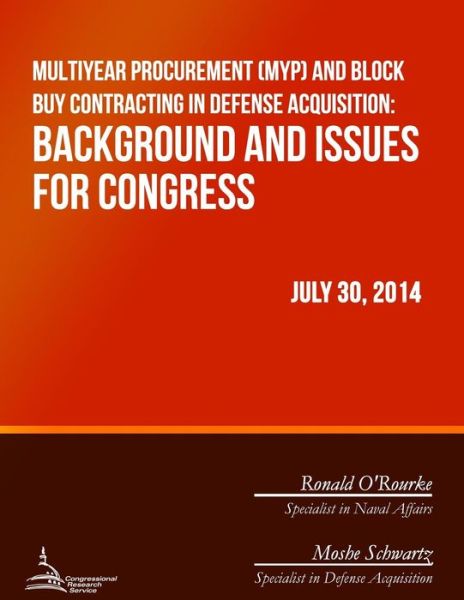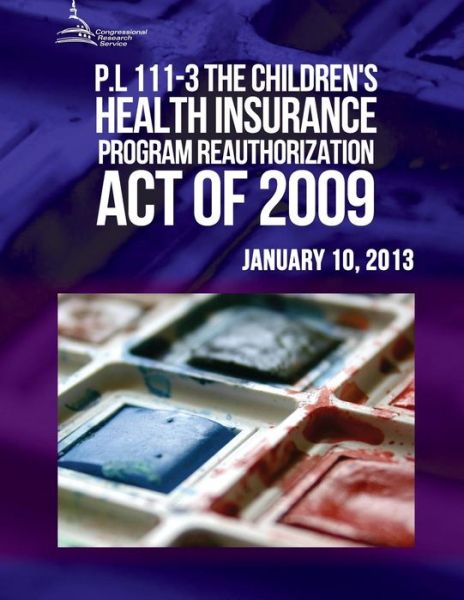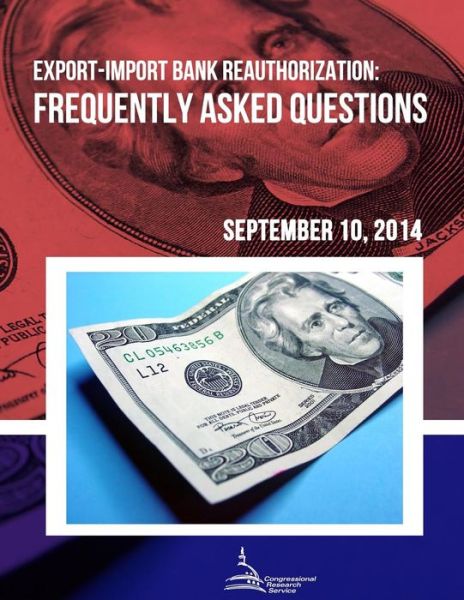
Tell your friends about this item:
Federal Financing for the State Children's Health Insurance Program (CHIP)
Congressional Research Service
Federal Financing for the State Children's Health Insurance Program (CHIP)
Congressional Research Service
The State Children's Health Insurance Program (CHIP) is a means-tested program that provides health coverage to targeted low-income children and pregnant women in families that have annual income above Medicaid eligibility levels but have no health insurance. CHIP is jointly financed by the federal government and the states, and the states are responsible for administering CHIP. The federal government's share of CHIP expenditures (including both services and administration) is determined by the enhanced federal medical assistance percentage (E-FMAP) rate. Statutorily, the E-FMAP can range from 65% to 85%. The Patient Protection and Affordable Care Act (ACA; P. L. 111-148, as amended) included a provision to increase the E-FMAP rate by 23 percentage points for most CHIP expenditures from FY2016 through FY2019. With this increase, the E-FMAP ranges from 88% to 100%. The federal appropriation for CHIP is provided in statute. From this federal appropriation, states receive CHIP allotments, which are the federal funds allocated to each state and the territories for the federal share of their CHIP expenditures. In addition, if a state has a shortfall in federal CHIP funding, there are a few sources of shortfall funding, such as the Child Enrollment Contingency Fund, redistribution funds, and Medicaid funds. In statute, FY2017 was the last year a full-year federal CHIP appropriation was provided, so a law would need to be enacted if federal funding of CHIP were to be continued. Even though federal CHIP funding has expired, states have federal CHIP spending in FY2018 because states have access to unspent funds from their FY2017 allotments and to unspent allotments from FY2016 and prior years redistributed to shortfall states. In addition, the continuing resolutions enacted on December 8, 2017, and December 22, 2017, both include provisions that provide short-term funding for CHIP. The continuing resolution enacted on December 8, 2017, included a special rule for redistribution funds to prioritize the allocation of funds to states estimated to exhaust federal CHIP funds before January 1, 2018. The continuing resolution enacted on December 22, 2017, includes short-term appropriations and an extension of the special rule for redistribution funds through March 2018. Under current law, the ACA maintenance of effort (MOE) requirement for children is in place through FY2019. The MOE provision requires states to maintain income eligibility levels for CHIP children through September 30, 2019, as a condition for receiving federal Medicaid payments (notwithstanding the lack of corresponding full-year federal CHIP appropriations for FY2018 and FY2019). If additional federal CHIP funding is not provided, the MOE requirement would affect CHIP Medicaid expansion programs and separate CHIP programs differently. States with CHIP Medicaid expansion programs must continue to cover their CHIP children once federal funding is no longer available. However, states with separate CHIP programs would not be required to continue coverage after enrolling eligible children in Medicaid or certified qualified health plans. Congress's action or inaction will determine the future of CHIP and of health coverage for CHIP children. In considering the future of CHIP, Congress has a number of policy options, including extending federal CHIP funding and continuing the program, or letting CHIP funding expire. This report provides an overview of CHIP financing, beginning with an explanation of the federal matching rate. It describes various aspects of federal CHIP funding, such as the federal appropriation, state allotments, the Child Enrollment Contingency Fund, redistribution funds, and outreach and enrollment grants. The report ends with a section about the future of CHIP funding, including the options for extending CHIP funding and what could happen if federal funding expires.
| Media | Books Paperback Book (Book with soft cover and glued back) |
| Released | January 25, 2018 |
| ISBN13 | 9781984206909 |
| Publishers | Createspace Independent Publishing Platf |
| Pages | 24 |
| Dimensions | 216 × 280 × 1 mm · 81 g |
| Language | English |
More by Congressional Research Service
See all of Congressional Research Service ( e.g. Paperback Book and Book )

 Christmas presents can be returned until 31 January
Christmas presents can be returned until 31 January


